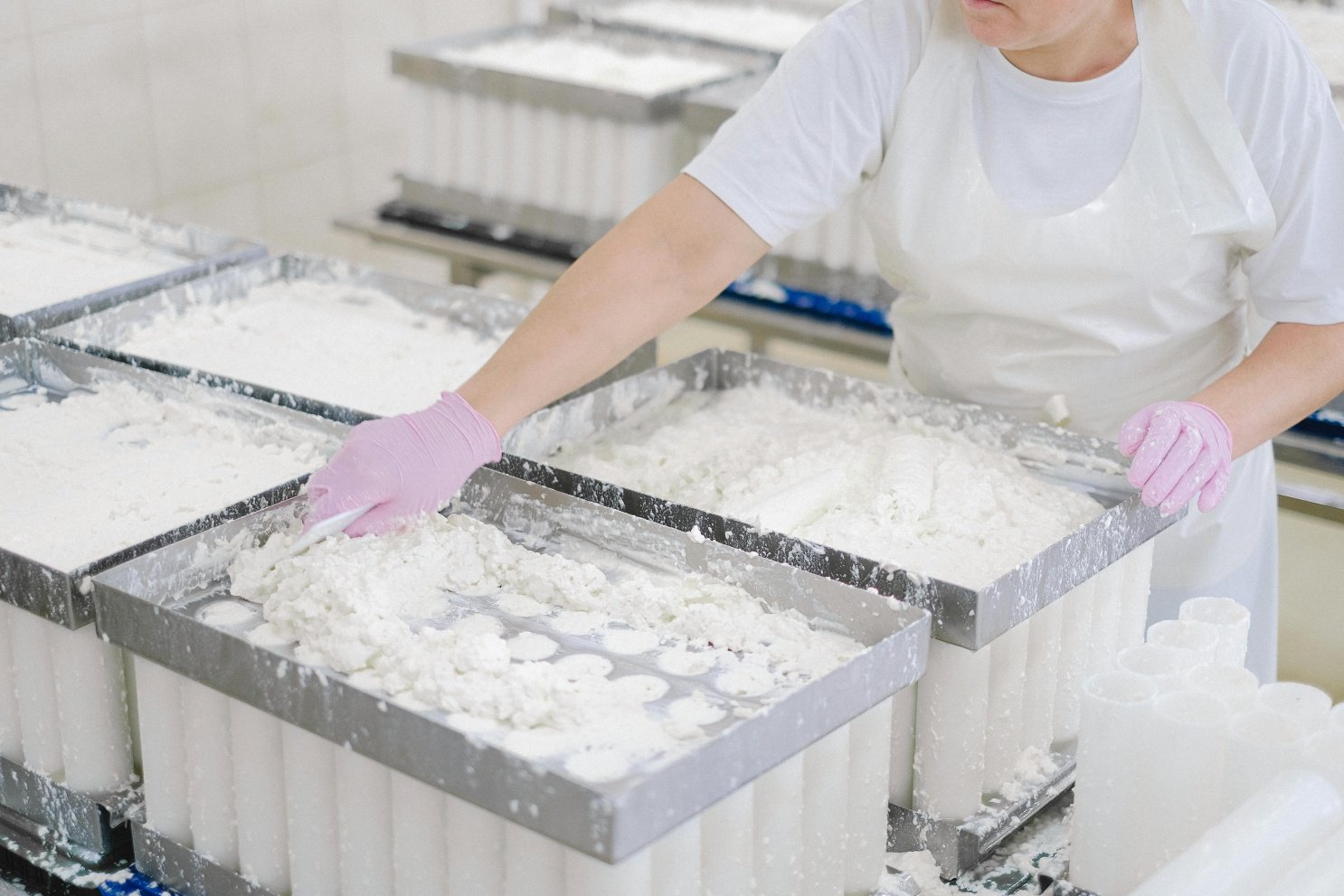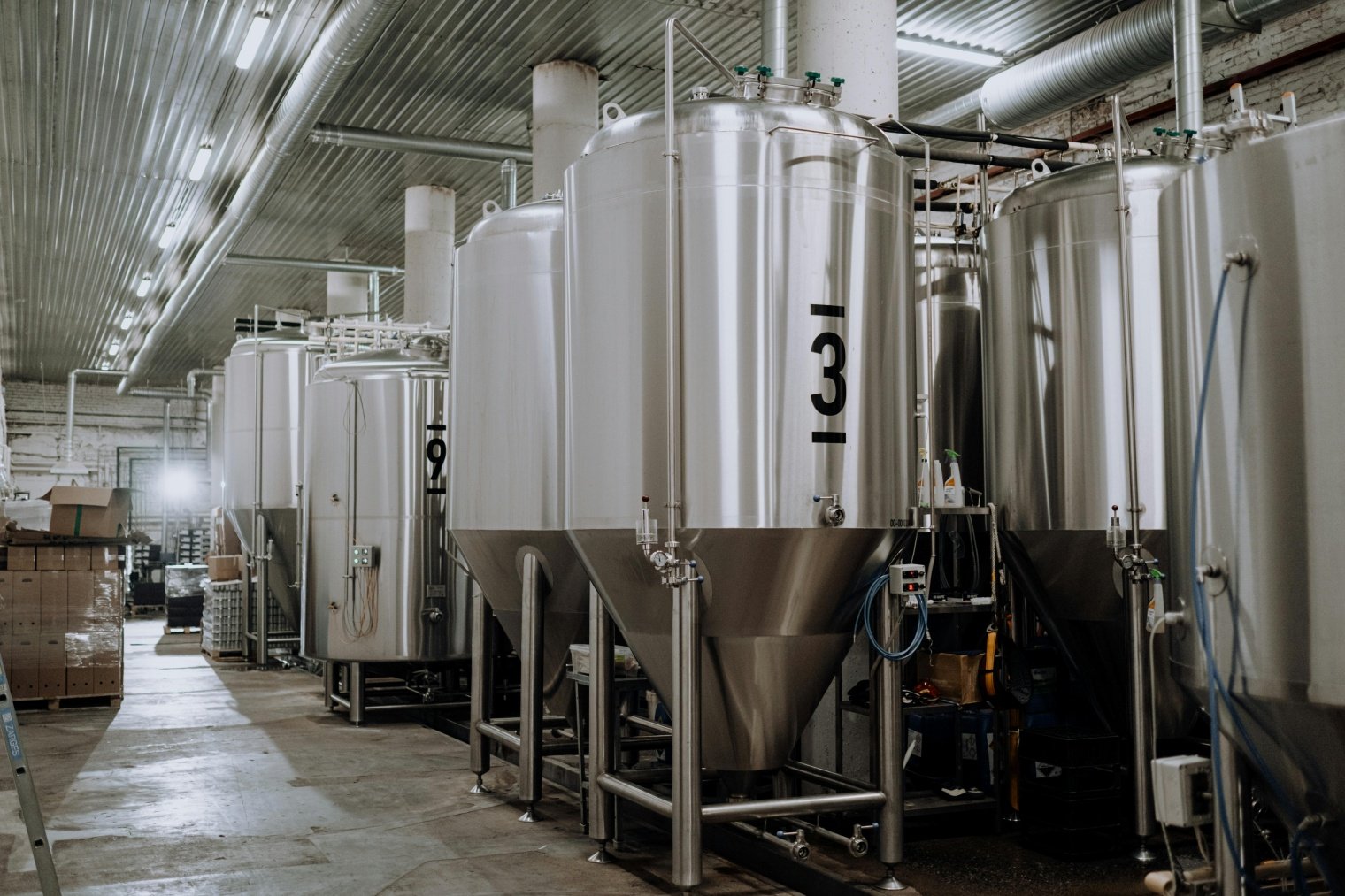Is GMP Better Than HACCP?
Both Good Manufacturing Practices (GMP) and Hazard Analysis and Critical Control Points (HACCP) are essential for food safety, but they serve different purposes. Understanding their differences helps businesses choose the right approach for compliance and certification.

Key Differences Between GMP and HACCP
1. Definition & Purpose
- GMP (Good Manufacturing Practices):
- A set of guidelines and regulations that ensure food is produced, processed, and handled safely.
- Focuses on basic hygiene, sanitation, and facility maintenance.
- Ensures that food is produced under safe and controlled conditions.
- HACCP (Hazard Analysis and Critical Control Points):
- A risk-based food safety system that identifies, monitors, and controls hazards.
- Focuses on preventing biological, chemical, and physical contamination.
- Ensures critical control points (CCPs) are monitored and managed.
2. Regulatory vs. Voluntary Compliance
- GMP: Often legally required by food regulatory authorities.
- HACCP: Mandatory in many countries for food businesses but focuses specifically on hazard control.
3. Scope of Application
- GMP: Covers entire manufacturing processes, including:
- Facility design and equipment maintenance.
- Employee hygiene and training.
- Sanitation and cleaning procedures.
- HACCP: Covers food safety hazards and risk control, including:
- Identifying food safety hazards.
- Establishing critical control points (CCPs).
- Monitoring CCPs to prevent contamination.
4. Risk Management Approach
- GMP: Focuses on preventive measures and general hygiene practices.
- HACCP: Focuses on identifying, analyzing, and controlling specific food safety hazards.
5. Documentation & System Structure
- GMP: Requires documentation for sanitation, maintenance, and employee hygiene.
- HACCP: Requires detailed hazard analysis, monitoring, corrective actions, and verification records.
6. Integration with Other Standards
- GMP serves as a foundation for HACCP, ISO 22000, and FSSC 22000.
- HACCP is often part of ISO 22000, FSSC 22000, and BRCGS food safety standards.
7. Certification & Recognition
- GMP Compliance: Verified through government audits and inspections.
- HACCP Certification: Awarded by certification bodies after a food safety audit.

Conclusion: Which One is Better?
- GMP ensures good hygiene and operational control, making it a basic requirement for food businesses.
- HACCP provides a detailed risk management approach, making it essential for food safety certification.
- For full compliance, businesses should implement both GMP and HACCP to ensure comprehensive food safety management.
Need Help with GMP or HACCP?
Contact us today for expert guidance on achieving GMP compliance and HACCP certification!


